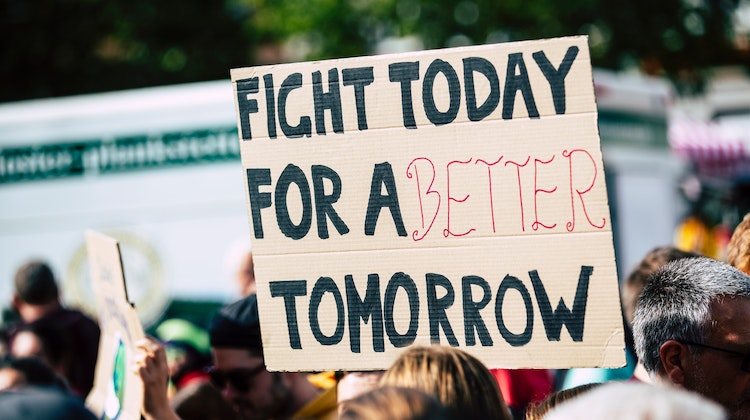
Photo Credit: politics,
In 2022, it seemed like the tide finally started to turn in the battle to hold social media giants accountable. There were a few big wins, such as a new bill that banned U.S. government workers from using the highly controversial TikTok social media platform. And there was plenty of positive media attention given to the individuals – such as “the Facebook whistleblower” (Frances Haugen) – who were trying to clean up social media, especially for younger users. So 2023 might just be the year that social media finally gets regulated.
Will 2023 be the year of social media regulation?
One of the big priorities on tap, according to lawmakers, is a national ban for TikTok. Instead of just restricting U.S. government workers from using TikTok, the goal is to block everyone from using it. Already, some congressional leaders are referring to TikTok as “digital fentanyl” for its addictive, destructive properties, so that gives you a pretty good idea of what people think about TikTok these days on The Hill.
Another priority, say lawmakers, is more transparency about social media algorithms. You can thank Elon Musk for this. Thanks to all the files, documents and evidence Musk is now providing about Twitter, people are curious to find out what’s really going on behind the scenes at the biggest tech giants. Do some people at these companies have the power to block, mute or censor individuals? What type of cooperation is there between the government and the private sector when it comes to advancing a particular agenda? And how does that feed into the social media algorithm?
And, of course, there will be continued attention paid to the potentially harmful effects that social media has on minors and young adults. There are now so many stories out there about the impact of platforms like Instagram on mental health that most lawmakers (many of them with children, presumably) would be open to the idea of more regulation on this front. As the Facebook whistleblower has pointed out, the big social media giants are sitting on troves of documents and studies that show the negative impact of frequent social media usage on young kids.
But will anything get done in Washington?
Of course, everyone is always hopeful at the start of a New Year. It always seems so easy to make new resolutions – “this is definitely the year we regulate social media!” – but will it actually get done? As top lawmakers point out, even legislation that has strong bipartisan backing can sometimes fall apart at the last minute, simply due to the pressure from lobbyists and PACs.
Even more insidiously, these lobbyists always claim that they are blocking legislation for all the right reasons. When presenting their case to lawmakers, they never talk about the profit motive, or how making a social media site highly addictive is good for the bottom line. Instead, they argue that any new legislation might harm kids. For example, legislation that failed in 2022 – the Kids Online Safety Act – was primarily the result of lobbyists getting involved. They argued that this new legislation would harm minors and civil society groups.
At the end of the day, full social media regulation will only happen when everyday Americans have decided that they have had enough. In the meantime, though, we can still hope for states to put together their own laws, and that some of this legislative effort will then bubble up to the national level.